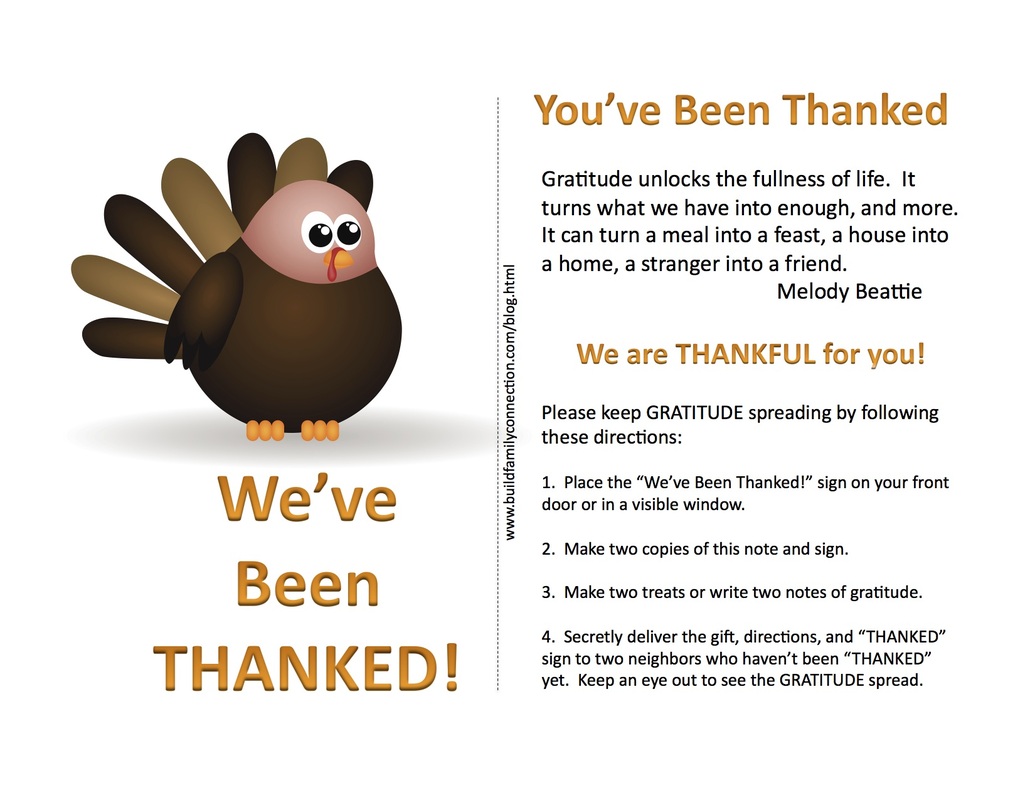“I’ll be happy when my kids don’t fight.”
“I’ll be happy when my house stays clean.”
“If we could just...then I wouldn't worry so much.”
“I can’t wait for summer (or for school to start again). It will feel so good.”
The benchmarks for attaining happiness are ever changing. When school does start again, it’s carpool, piano, sports, homework , and the list goes on. But wait—wasn’t the start of school going to bring me happiness? It’s not uncommon to look ahead hoping that happiness is just around the corner.
Unfortunately, the formula is broken. There will always be a new challenge.
“It's hard to find happiness after success if the goalposts of success keep changing.”
So what do we do?
1. Stop equating a future success with happiness.
2. Second, realize that happiness is a work ethic. You have to train your brain to be positive just like you work out your body.
That leads us to the 21-Day Challenge. Call it an experiment. I want to know if can we effectively increase the happiness and connection in a family by inviting the mind to recognize the positive first?
Pick one of the five researched habits listed below and try it out for 21 days. Keep it simple and apply your efforts specifically to your family. In a perfect world, it’s 21 days in a row to create a positive habit. When our family started, we came out strong on the first day, but then promptly got busy and forgot the second day....and the third. Sooo—we get 30 days; just in case. Don’t quit because you miss a day.
You can do this independently, choose one area of focus as a family and have scheduled check-ins, or invite each person to participate as they feel inclined.
Our family decided that each person would pick their own with check-ins at the end of each week. We asked our kids to pick an area different from their current activities. For example, kids in sports should try something other than exercise. In the end, not everyone chose to participate and that's ok.
Have fun, remain flexible, and let’s see what happens. Then, take a moment to comment on this blog or send me an email to share your experiences. [email protected]
5 Researched Focus Areas
1. Write down three new things you are grateful for each day into a blank word document or into the free app I Journal. Research shows this will significantly improve your optimism even 6 months later, and raises your success rates significantly.
2. Write for 2 minutes a day describing one positive experience you had over the past 24 hours. This is a strategy to help transform you from a task-based thinker, to a meaning based thinker who scans the world for meaning instead of endless to-dos. This dramatically increases work happiness.
3. Exercise for 10 minutes a day. This trains your brain to believe your behavior matters, which causes a cascade of success throughout the rest of the day.
4. Meditate for 2 minutes, focusing on your breath going in and out. This will help you undo the negative effects of multitasking. Research shows you get multiple tasks done faster if you do them one at a time. It also decreases stress and raises happiness.
5. Write one, quick email first thing in the morning thanking or praising a member on your team. This significantly increases your feeling of social support, which in my study at Harvard was the largest predictor of happiness for the students. (Children could write one kind note or draw a picture each day.)
Adapted from: The Happiness Advantage

 RSS Feed
RSS Feed